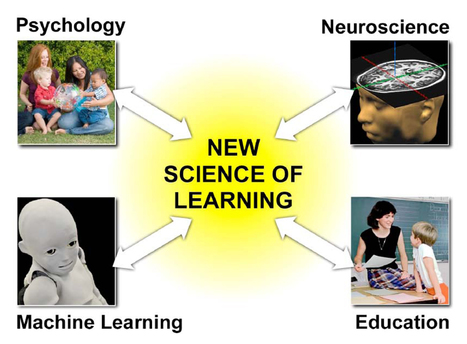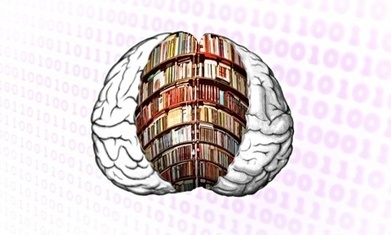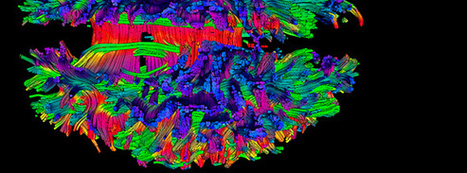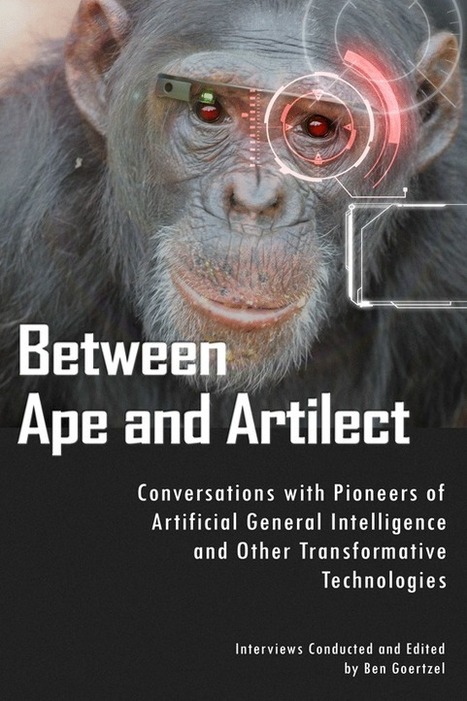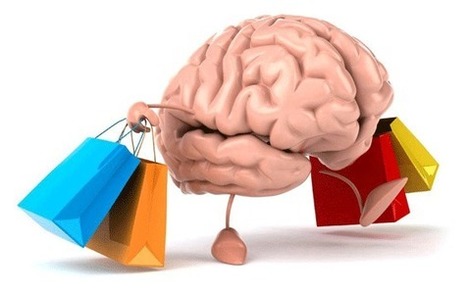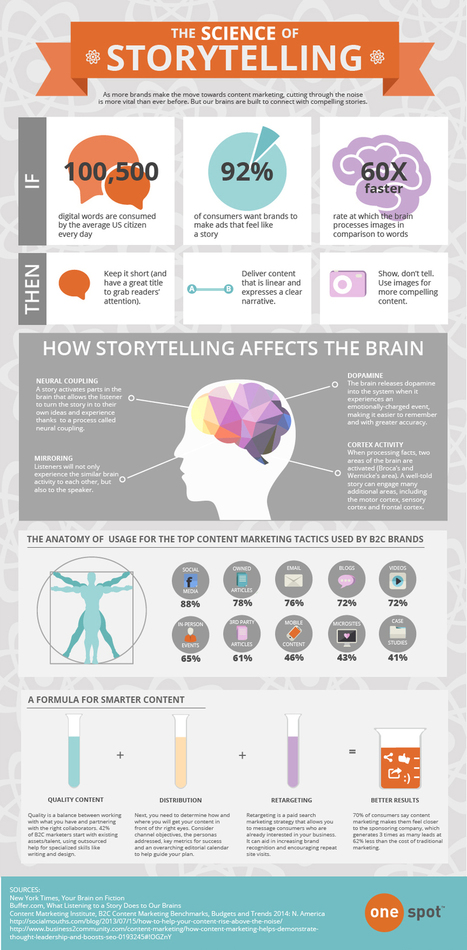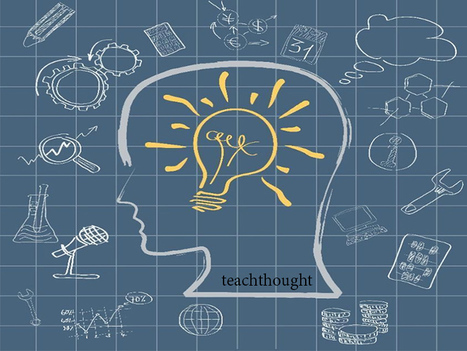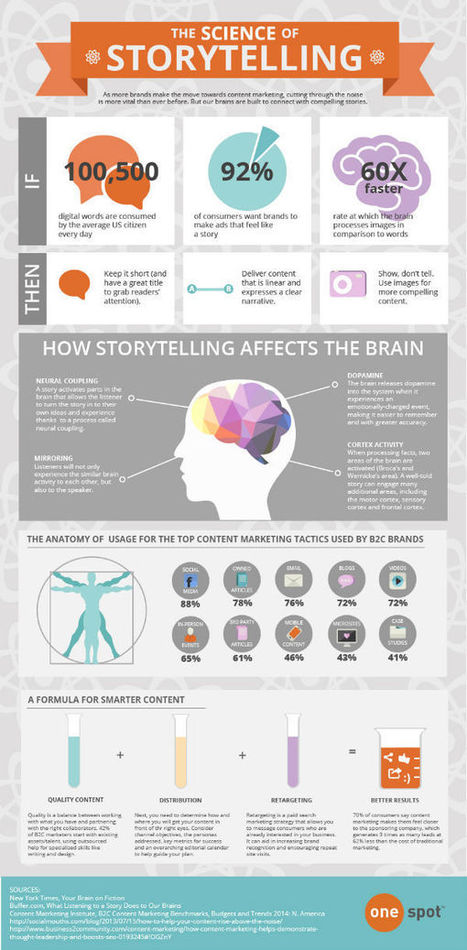During 2010-12, noted AI researcher and long-time Humanity+ Board member Ben Goertzel conducted a series of textual interviews with researchers in various areas of cutting-edge science — artificial general intelligence, nanotechnology, life extension, neurotechnology, collective intelligence, mind uploading, body modification, neuro-spiritual transformation, and more. These interviews were published online in H+ Magazine, and are here gathered together in a single volume. The resulting series of dialogues treats a variety of social, futurological and scientific topics in a way that is accessible to the educated non-scientist, yet also deep and honest to the subtleties of the topics being discussed.
Between Ape and Artilect is a must-read if you want the real views, opinions, ideas, muses and arguments of the people creating our future.
Via
Szabolcs Kósa,
Luciana Santos



 Your new post is loading...
Your new post is loading...

